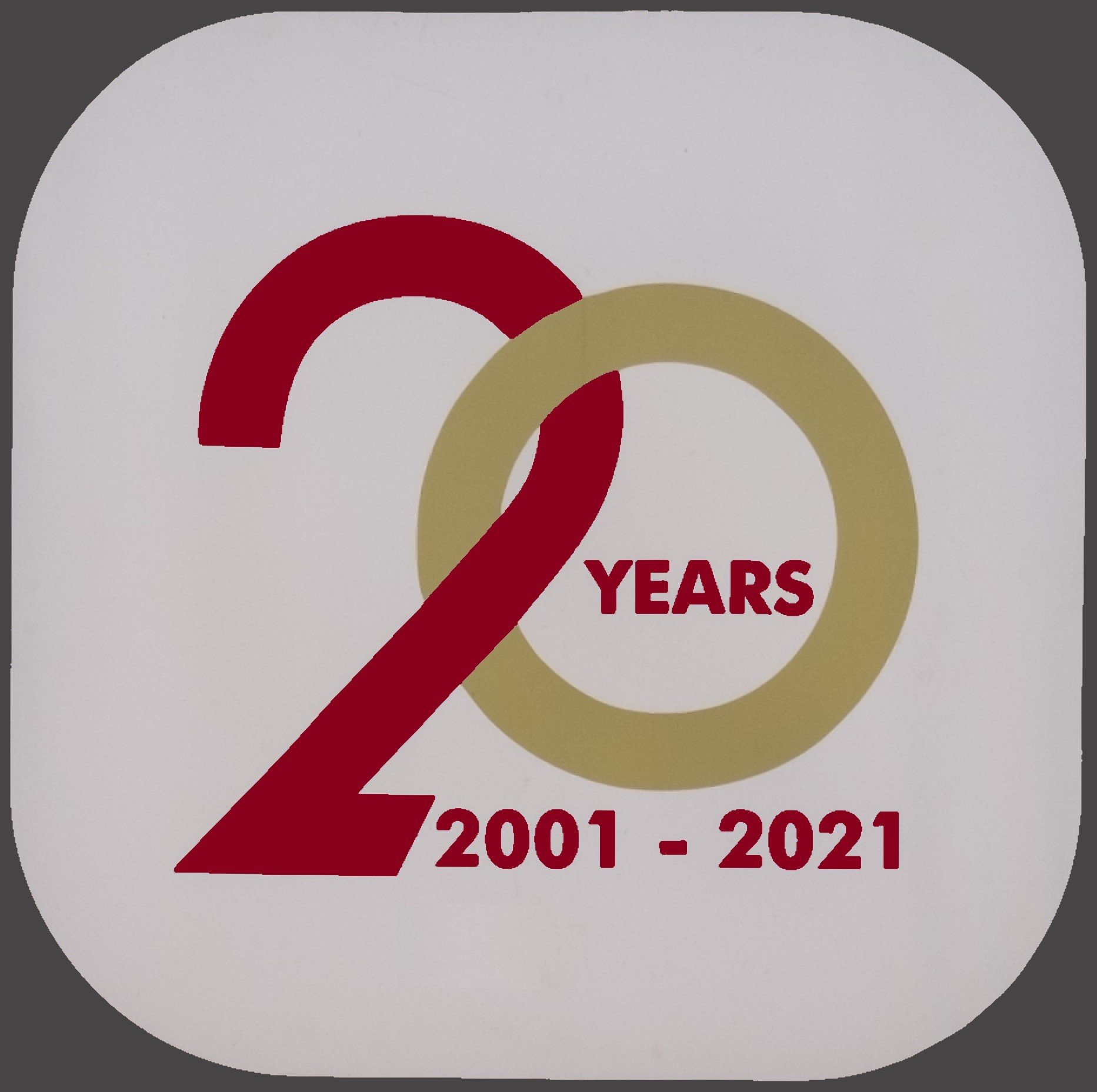Vision
To emerge as a centre of excellence in Artificial Intelligence and Machine Learning, by nurturing innovation, fostering interdisciplinary research, and empowering students to build intelligent systems that positively impact society.
Mission
M1: To provide quality education in core and advanced concepts of Artificial Intelligence (AI), Machine Learning (ML), and Computer Science through a dynamic curriculum, hands-on experience, and industry exposure.
M2: To cultivate a spirit of innovation and research to enable students and faculty to develop cutting-edge Artificial Intelligence and Machine Learning (AI&ML) solutions of the real-world problems.
M3: To foster ethical and responsible AI practices that prioritize societal welfare, transparency, and inclusiveness in intelligent system design.
M4: To build strong academic and industry collaborations that support continuous learning, entrepreneurship, and career growth in the Artificial Intelligence (AI) ecosystem so that graduates become globally competent professionals.
Program Educational Objectives (PEOs)
PEO 1: Graduates will acquire capability to apply their knowledge and skills to solve various kinds of computational engineering problems.
PEO 2: Graduates will exhibit the ability to apply the acquired skills in various domains and multi-disciplinary areas, to function ethically and meet the ever-increasing technological and social challenges.
PEO 3: To evolve as resourceful engineers catering to dynamic industrial needs and engage in life-long learning.
PEO 4: Graduates will acquire soft skills to adapt and excel in diverse global environment.
Program Specific Outcomes(PSOs)
To gain deeper insights into Machine Learning algorithms, extract inherent patterns from real-world data and convert them into actionable items
To understand the challenges in the fitting of optimal Deep Neural Network models that solve image classification, semantic segmentation, and object tracking problems
To efficiently represent the Natural Language and exploit the capabilities of sequence models for solving NLP problems such as sentiment analysis, language understanding, language translation, and image captioning
To become conversant with parallel architectures, develop and deploy scalable and sustainable AI applications using DevOps.
Program Outcomes(POs)
PO1 - Engineering knowledge: Apply the knowledge of mathematics, science, engineering fundamentals, and an engineering specialization to the solution of complex engineering problems.
PO2 - Problem analysis: Identify, formulate, review research literature, and analyze complex engineering problems reaching substantiated conclusions using first principles of mathematics, natural sciences, and engineering sciences.
PO3 - Design/development of solutions: Design solutions for complex engineering problems and design system components or processes that meet the specified needs with appropriate consideration for the public health and safety, and the cultural, societal, and environmental considerations.
PO4 - Conduct investigations of complex problems: Use research-based knowledge and research methods including design of experiments, analysis and interpretation of data, and synthesis of the information to provide valid conclusions.
PO5 - Modern tool usage: Create, select, and apply appropriate techniques, resources, and modern engineering and IT tools including prediction and modeling to complex engineering activities with an understanding of the limitations.
PO6 - The engineer and society: Apply reasoning informed by the contextual knowledge to assess societal, health, safety, legal and cultural issues and the consequent responsibilities relevant to the professional engineering practice.
PO7 - Environment and sustainability: Understand the impact of the professional engineering solutions in societal and environmental contexts, and demonstrate the knowledge of, and need for sustainable development.
PO8 - Ethics: Apply ethical principles and commit to professional ethics and responsibilities and norms of the engineering practice.
PO9 - Individual and team work: Function effectively as an individual, and as a member or leader in diverse teams, and in multidisciplinary settings.
PO10 - Communication: Communicate effectively on complex engineering activities with the engineering community and with society at large, such as, being able to comprehend and write effective reports and design documentation, make effective presentations, and give and receive clear instructions.
PO11 - Project management and finance: Demonstrate knowledge and understanding of the engineering and management principles and apply these to one’s own work, as a member and leader in a team, to manage projects and in multidisciplinary environments.
PO12: Life-long learning: Recognize the need for, and have the preparation and ability to engage in independent and life-long learning in the broadest context of technological change.
